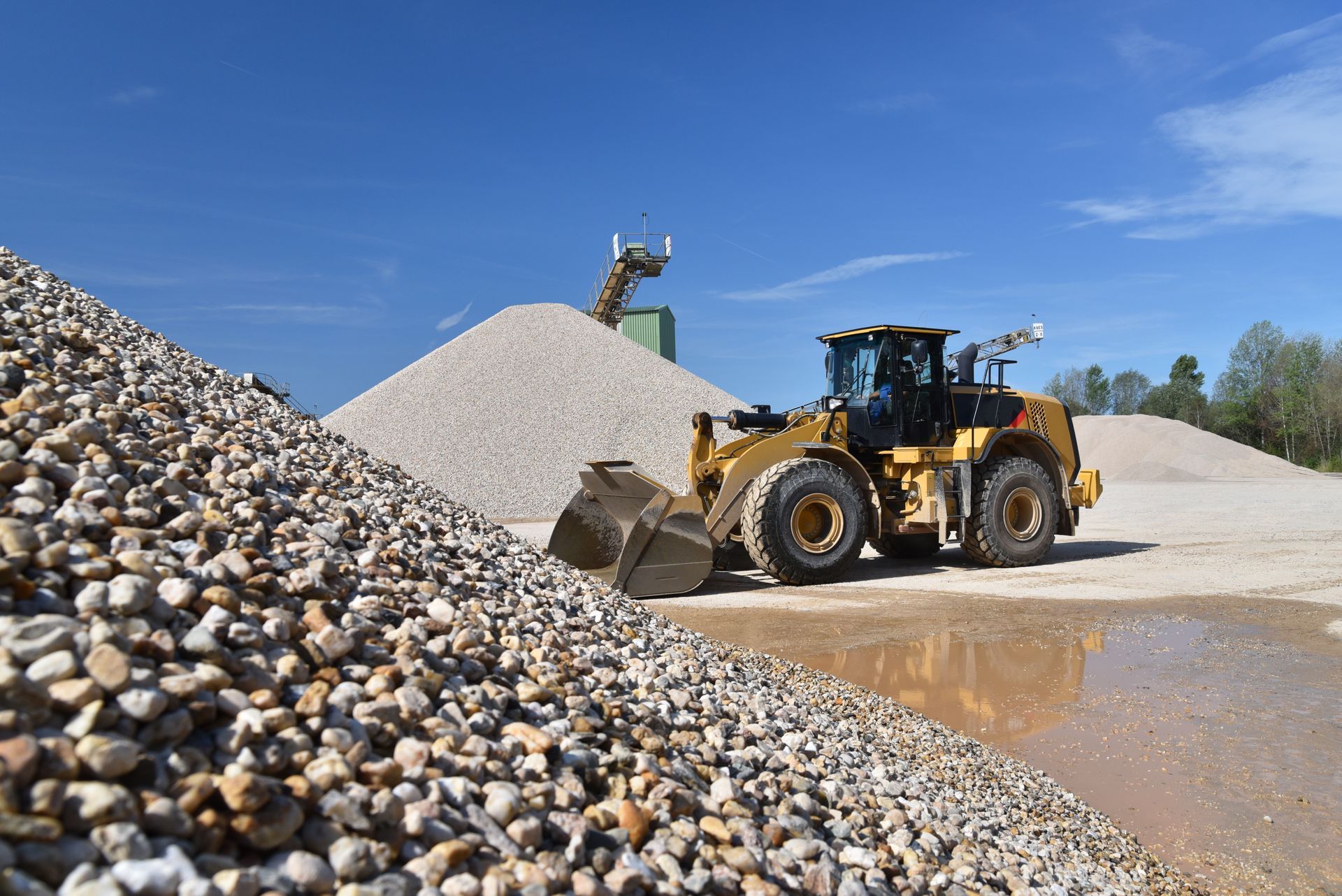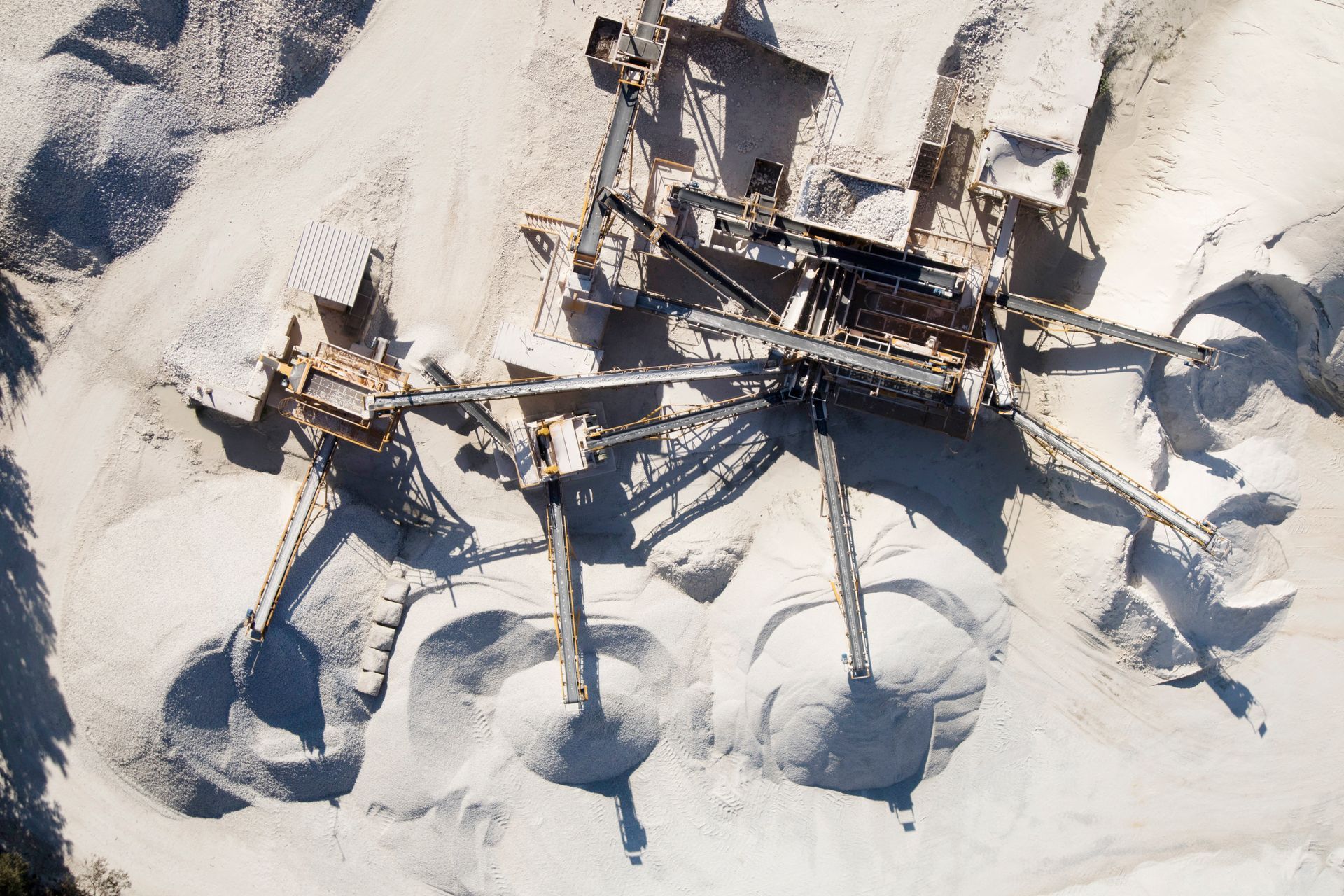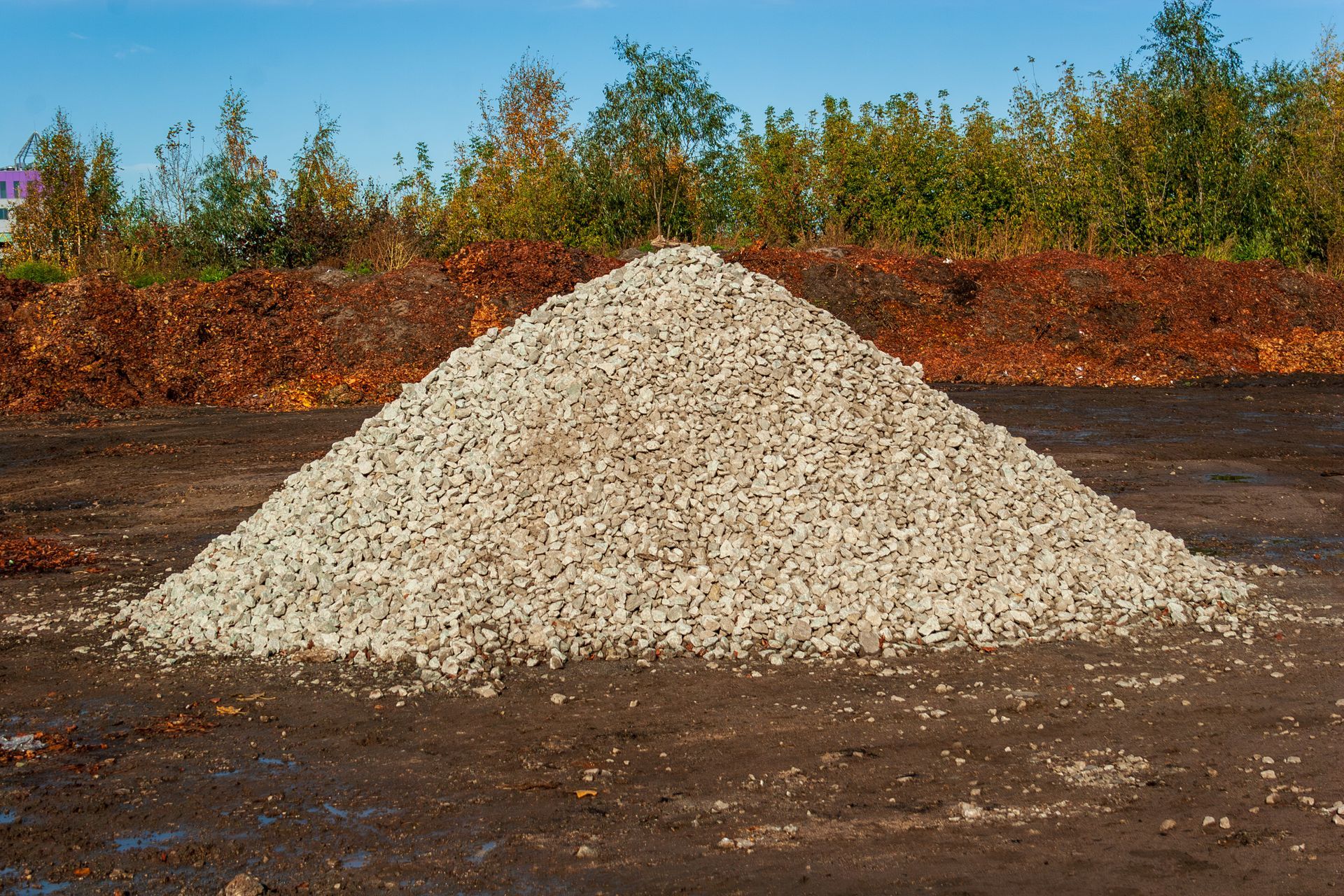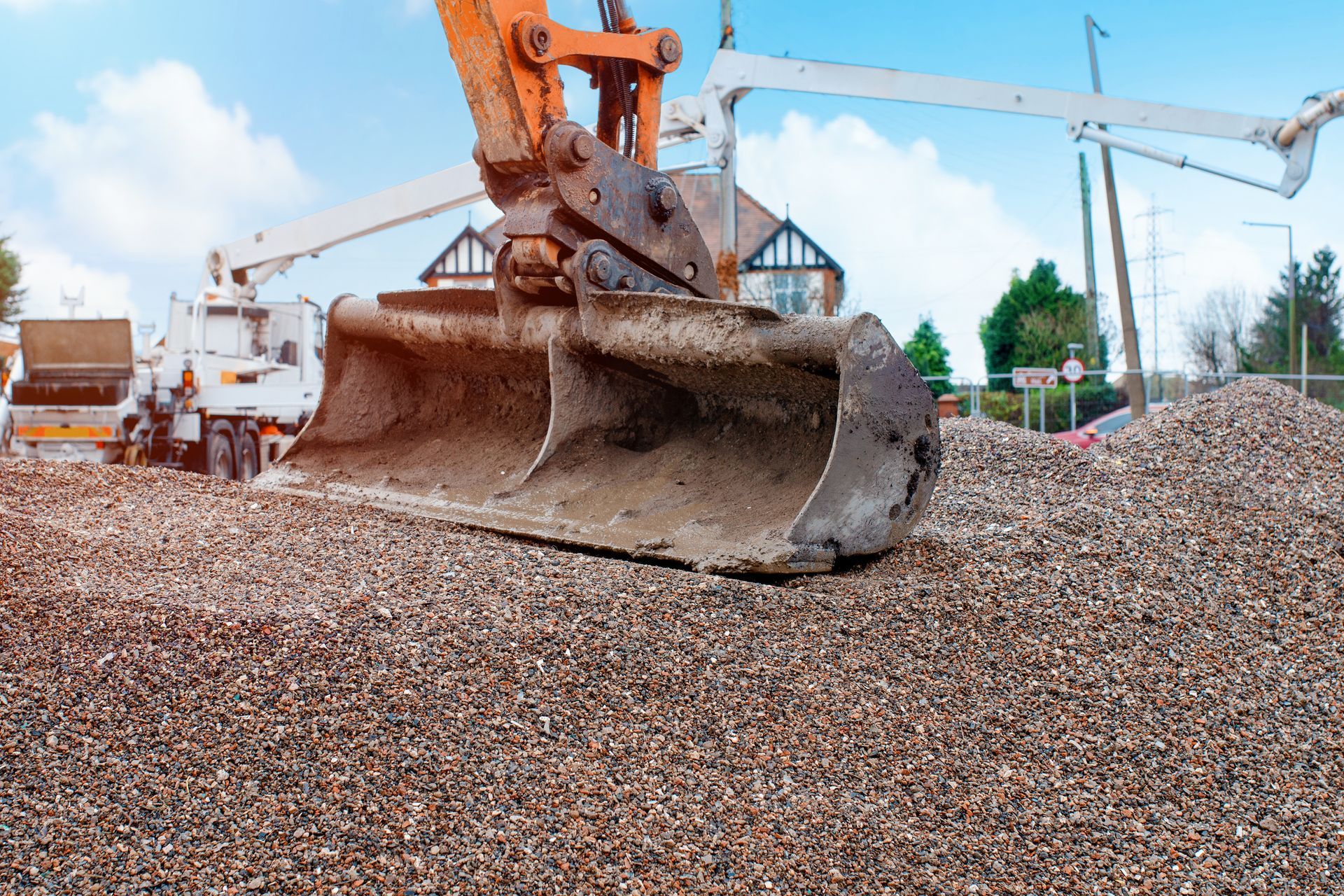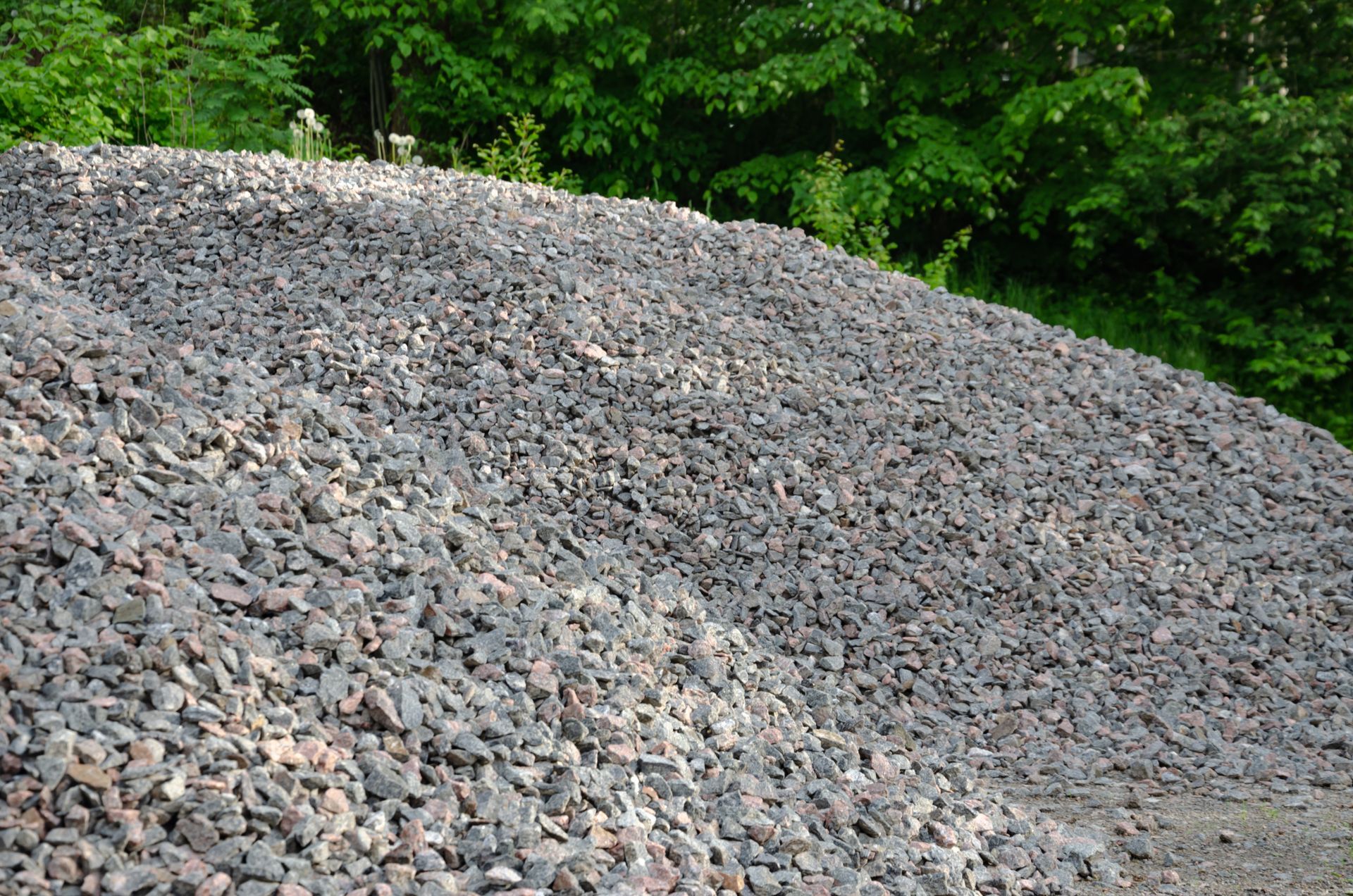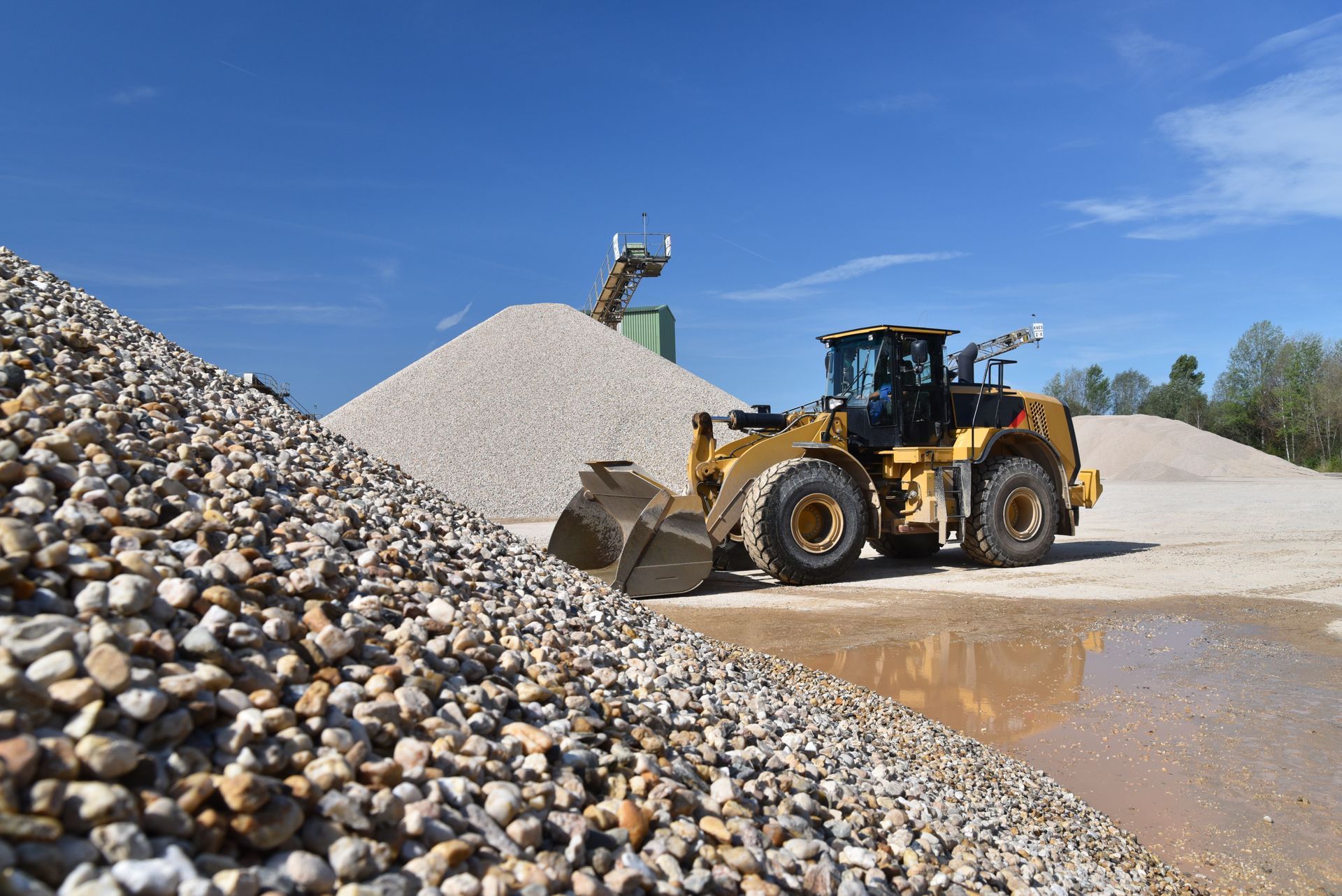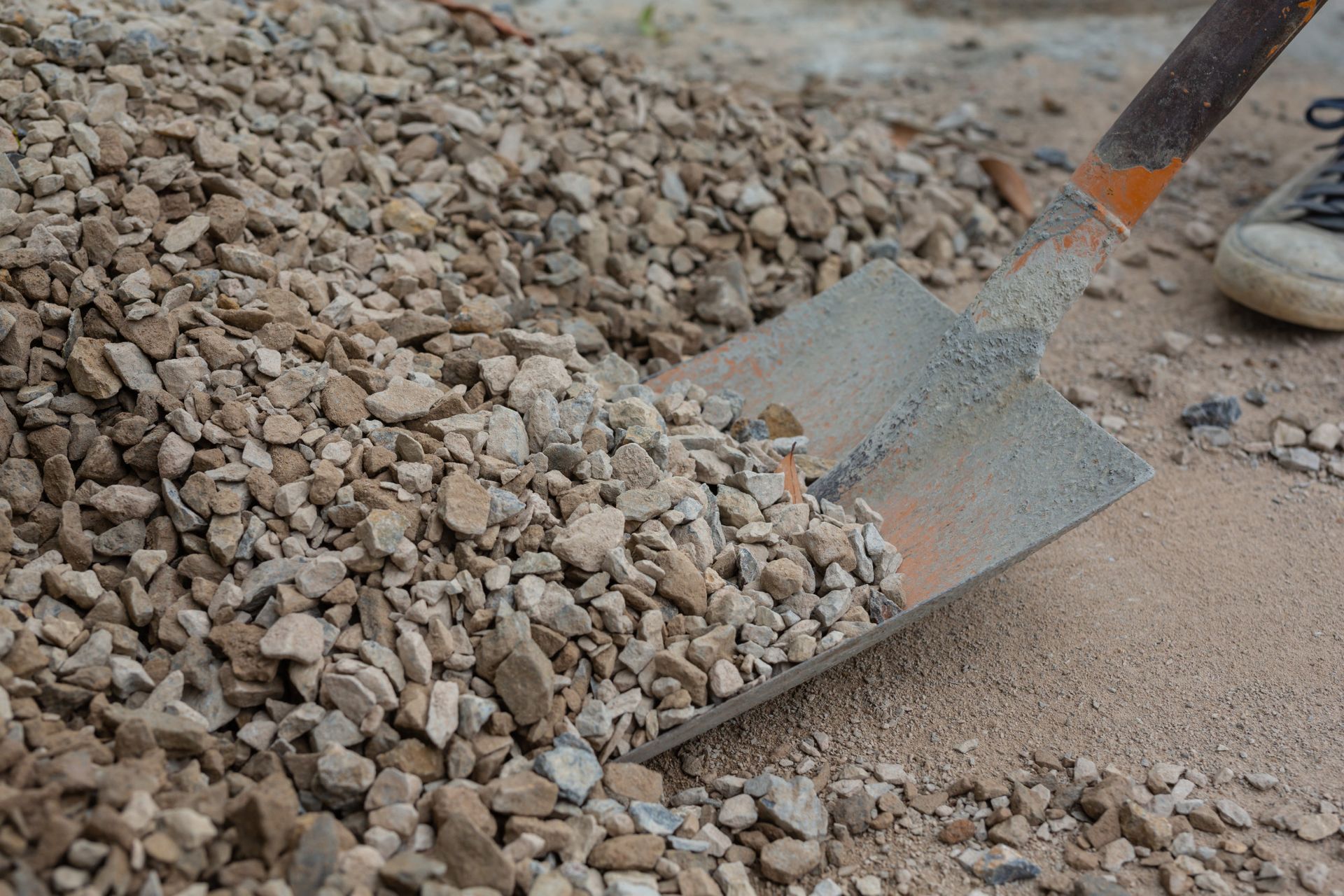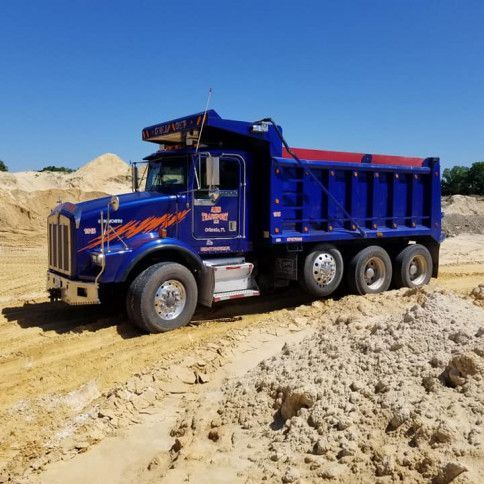Understanding Concrete Fines: What Are They and Why Do They Matter?
Concrete is a fundamental material in construction, revered for its versatility, strength, and durability. Whether used in building skyscrapers, roads, or homes, concrete’s robustness has made it an irreplaceable component in modern infrastructure. However, behind its solid exterior lies a complex composition that significantly influences its performance. Among the many elements that make up concrete, one of the most critical yet often overlooked components is "concrete fines." While these tiny particles might seem insignificant, they play a vital role in determining the quality and longevity of concrete structures. But what exactly are concrete fines? How do they impact the overall integrity of concrete? And why should anyone involved in construction care about them? In this blog post, we’ll delve into these questions, shedding light on the importance of concrete fines and offering practical insights into their management.
What Are Concrete Fines?
Concrete fines are the fine particles that result from the crushing and screening of larger aggregates used in concrete production. These particles are typically smaller than 4.75 mm in diameter and can include a range of materials, from fine sand to dust. Essentially, they are the remnants left behind after the larger aggregate particles have been separated out. While these fines are often considered a byproduct of the aggregate production process, their presence in concrete is far from trivial. Concrete fines are more than just tiny particles; they are a key ingredient that influences the density, workability, and overall performance of the concrete mix. Depending on their composition and quantity, concrete fines can either enhance or detract from the quality of the concrete, making it essential to understand and manage them effectively.
How Are Concrete Fines Produced?
The production of concrete fines is an inevitable outcome of the aggregate crushing process, where large rocks are broken down into smaller, usable pieces. As the crushing machinery pulverizes the rock, a range of particle sizes is produced, from large stones to fine dust. These finer particles, or concrete fines, are then separated from the larger aggregates through a screening process. However, the journey of concrete fines doesn’t end there. Depending on the needs of the construction project, these fines can either be discarded or repurposed. In some cases, they are reincorporated into the concrete mix to fill the gaps between larger aggregate particles, contributing to a denser and more cohesive material. In other scenarios, they may be set aside for specific applications where their fine texture is beneficial. Understanding how concrete fines are produced and managed is crucial for optimizing the quality and performance of the final concrete product.
Why Do Concrete Fines Matter?
- Impact on Concrete Strength
The strength of concrete is one of its most valued properties, and the presence of fines can significantly affect this attribute. When appropriately proportioned, fines can help create a dense, well-compacted mix, enhancing the overall strength of the concrete. The fine particles fill the voids between larger aggregates, reducing the amount of cement paste required and contributing to a stronger, more resilient structure. However, an excess of fines can have the opposite effect. Too many fines increase the surface area of the particles in the mix, leading to higher water demand. This higher water-cement ratio can dilute the mixture, weakening the concrete and making it more susceptible to cracks and other structural issues over time. Therefore, balancing the amount of fines in the mix is critical for achieving optimal concrete strength. - Workability of Concrete
The workability of concrete refers to how easily it can be mixed, placed, and finished. This property is essential for ensuring that the concrete can be effectively molded into the desired shape and that it adheres well to reinforcement materials. Concrete fines play a pivotal role in influencing workability. A concrete mix with the right amount of fines will be smoother and easier to handle, allowing for more precise placement and finishing. The fines act as a lubricant between the coarser aggregate particles, facilitating movement and reducing the effort required to work the concrete. However, if the mix contains too many fines, the resulting concrete can become sticky and difficult to manage. This can lead to challenges during placement and compaction, potentially compromising the quality of the finished product. Understanding the relationship between fines and workability is essential for anyone involved in concrete construction. - Durability and Permeability
Durability is a key consideration in concrete construction, particularly for structures exposed to harsh environmental conditions. The permeability of concrete, or its ability to resist water infiltration, is closely linked to its durability. Concrete fines can influence permeability by filling the voids between larger aggregate particles, creating a denser and less porous material. A well-graded mix with the right amount of fines can significantly reduce the permeability of the concrete, making it more resistant to water, chemicals, and other corrosive elements. This, in turn, enhances the long-term durability of the structure. However, an excess of fines can lead to a more porous mix, increasing the risk of water ingress and subsequent damage, such as freeze-thaw cycles in colder climates. Proper management of concrete fines is, therefore, essential for ensuring the longevity and resilience of concrete structures. - Environmental Considerations
In an era where sustainability is increasingly prioritized, the management of concrete fines has important environmental implications. Reusing fines in the concrete mix can significantly reduce the amount of waste generated during aggregate production. By recycling these materials, producers can decrease the demand for virgin aggregates, conserving natural resources and minimizing the environmental impact of construction activities. Furthermore, incorporating fines into the mix can lower the carbon footprint of concrete production, as it reduces the need for additional cement, the production of which is a significant source of CO2 emissions. At ABR Transport LLC, we are committed to promoting environmentally responsible practices in the construction industry. Our services include the transport and disposal of concrete fines, ensuring that they are handled in a way that minimizes their environmental impact.
ABR Transport LLC: Your Partner in Managing Concrete Fines
At ABR Transport LLC, we recognize the critical role that concrete fines play in the quality and performance of construction materials. With years of experience in the industry, we offer specialized services in the transport and management of concrete fines. Whether you are looking to reuse fines in your concrete mix or need expert assistance with their disposal, our team is equipped to provide the support you need. We understand that every construction project is unique, and we tailor our services to meet your specific requirements. By partnering with ABR Transport LLC, you can ensure that your concrete fines are managed efficiently and in accordance with industry best practices. Contact us today at
(407) 375-0012 to learn more about how we can help you optimize the use of concrete fines in your construction projects.
Maximizing the Benefits of Concrete Fines
- Assess the Proportion of Fines
One of the most critical steps in managing concrete fines is assessing their proportion in the mix. While fines are necessary for creating a dense and workable concrete, too many can compromise the strength and durability of the final product. It is essential to strike the right balance to achieve the desired properties. - Use Fines for Specific Applications
Concrete fines can be particularly beneficial in certain applications, such as producing high-density concrete for foundations and other load-bearing structures. By strategically incorporating fines, you can enhance the performance of your concrete in areas where strength and durability are paramount. - Test and Adjust the Mix
Regular testing of your concrete mix is essential to ensure that the fines are contributing positively to the overall quality. Adjustments may be necessary based on the specific requirements of the project. Whether you need to increase or decrease the amount of fines, fine-tuning the mix can lead to better outcomes. - Consult with Professionals
Managing concrete fines can be complex, and professional guidance can make all the difference. At ABR Transport LLC, we offer expert consultations to help you navigate the intricacies of using fines in your concrete mix. Our team is here to provide the insights and support you need to achieve the best results.
Elevate Your Concrete Mix with Proper Fines Management
Concrete fines may be small in size, but their impact on the quality and performance of concrete is profound. By understanding how fines influence strength, workability, and durability, you can make informed decisions that enhance the longevity and resilience of your concrete structures. At ABR Transport LLC, we are dedicated to helping you manage concrete fines effectively, ensuring that your construction projects meet the highest standards of quality. Whether you need assistance with incorporating fines into your mix, require responsible disposal services, or need
Dirt & Sand, and
Gravel services, we are here to support you every step of the way. Contact us today at
(407) 375-0012 to learn more about our comprehensive services and how we can help you succeed in your construction endeavors.
FAQs
What are concrete fines?
Concrete fines are the fine particles of crushed stone or sand that remain after larger aggregates are separated during the production process. These particles typically pass through a 4.75 mm sieve and include a mix of dust and very fine sand.
How do concrete fines affect concrete strength?
The presence of fines in the concrete mix can enhance strength by filling voids between larger aggregate particles, creating a denser material. However, an excess of fines can increase water demand, leading to a weaker mix with a higher water-cement ratio.
Can concrete fines improve the workability of the mix?
Yes, concrete fines can improve the workability of the mix by acting as a lubricant between larger particles, making the concrete easier to mix, place, and finish. However, too many fines can result in a sticky mix that is challenging to work with.
Are concrete fines environmentally friendly?
Reusing concrete fines in the mix can reduce waste and lower the environmental impact of construction by decreasing the demand for virgin materials. This practice supports sustainability efforts in the construction industry.
How can ABR Transport LLC help with concrete fines?
ABR Transport LLC offers specialized services in the transport and disposal of concrete fines. We ensure that these materials are managed responsibly, and we provide expert consultation on how to optimize their use in your concrete mix. Contact us at (407) 375-0012 for more information.
By gaining a deeper understanding of concrete fines and their impact on construction, you can ensure that your projects are built to last. Reach out to
ABR Transport LLC at
(407) 375-0012 for expert guidance and comprehensive services that will elevate the quality of your concrete structures.
